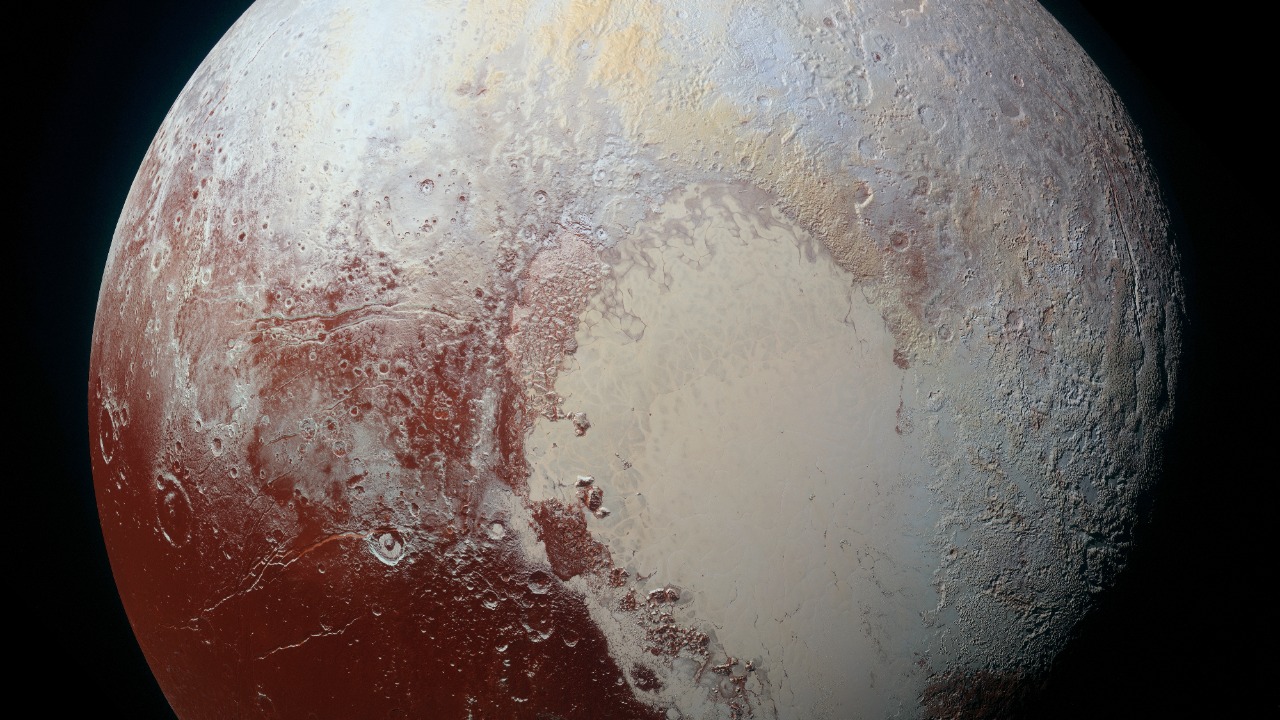
The debate over Pluto’s planetary status has been ongoing since its reclassification as a “dwarf planet” in 2006 by the International Astronomical Union (IAU). Recent discussions and new scientific findings suggest that Pluto might be reclassified as a planet, reigniting interest in its status within our Solar System. The reasons behind this potential reclassification are multifaceted and involve scientific, cultural, and public opinion factors.
The Scientific Case for Pluto’s Reclassification
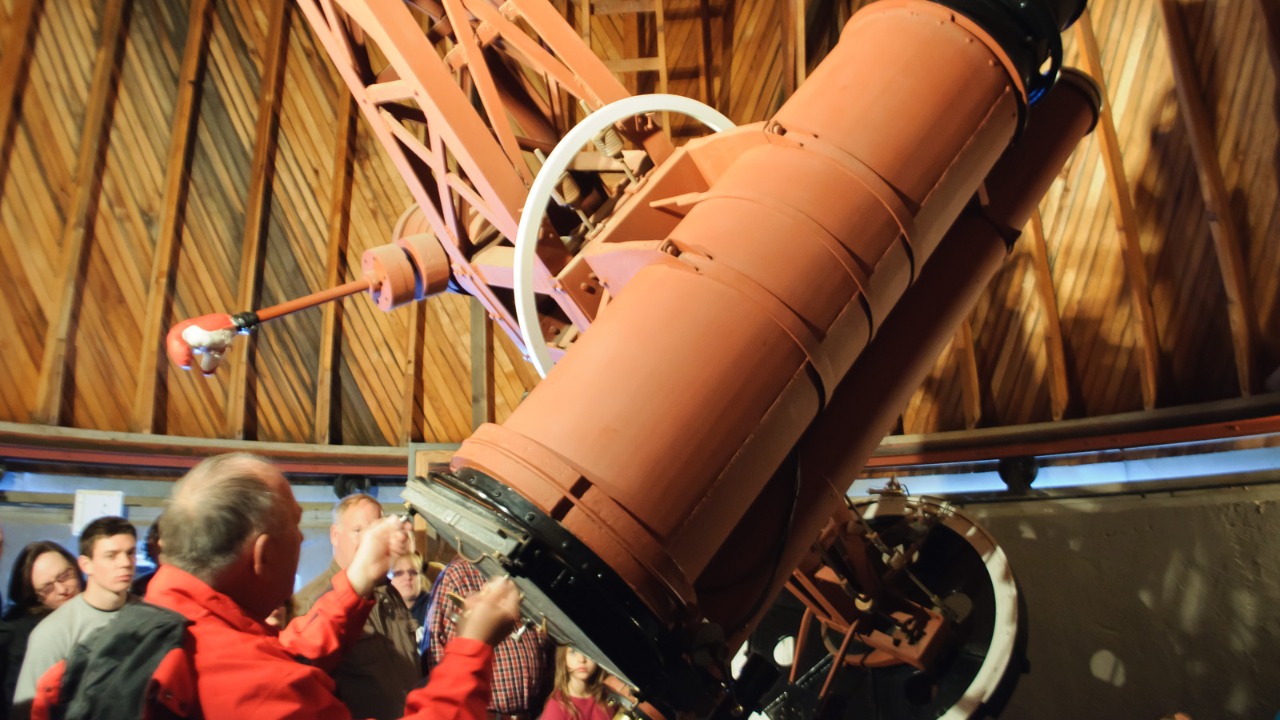
Pluto was discovered in 1930 by astronomer Clyde Tombaugh and was initially classified as the ninth planet in our Solar System. For over 75 years, it enjoyed planetary status alongside celestial giants like Jupiter and Saturn. However, with advancements in technology and a better understanding of celestial bodies, scientists began to question what constitutes a planet. The discovery of the scattered disc object Eris, which is similar in size to Pluto, prompted the IAU to redefine what it means to be a planet.
Recent studies have revealed that Pluto shares many characteristics with other planets. For example, according to NASA, Pluto has a complex atmosphere and exhibits geological activity, with surface features such as mountains, valleys, and plains. These findings challenge previous assumptions that Pluto was a mere icy body with little to no dynamic processes. The New Horizons mission, which provided a wealth of data about Pluto, showed that it is more geologically and atmospherically active than previously thought, aligning it more closely with recognized planets.
Redefining What It Means to Be a Planet
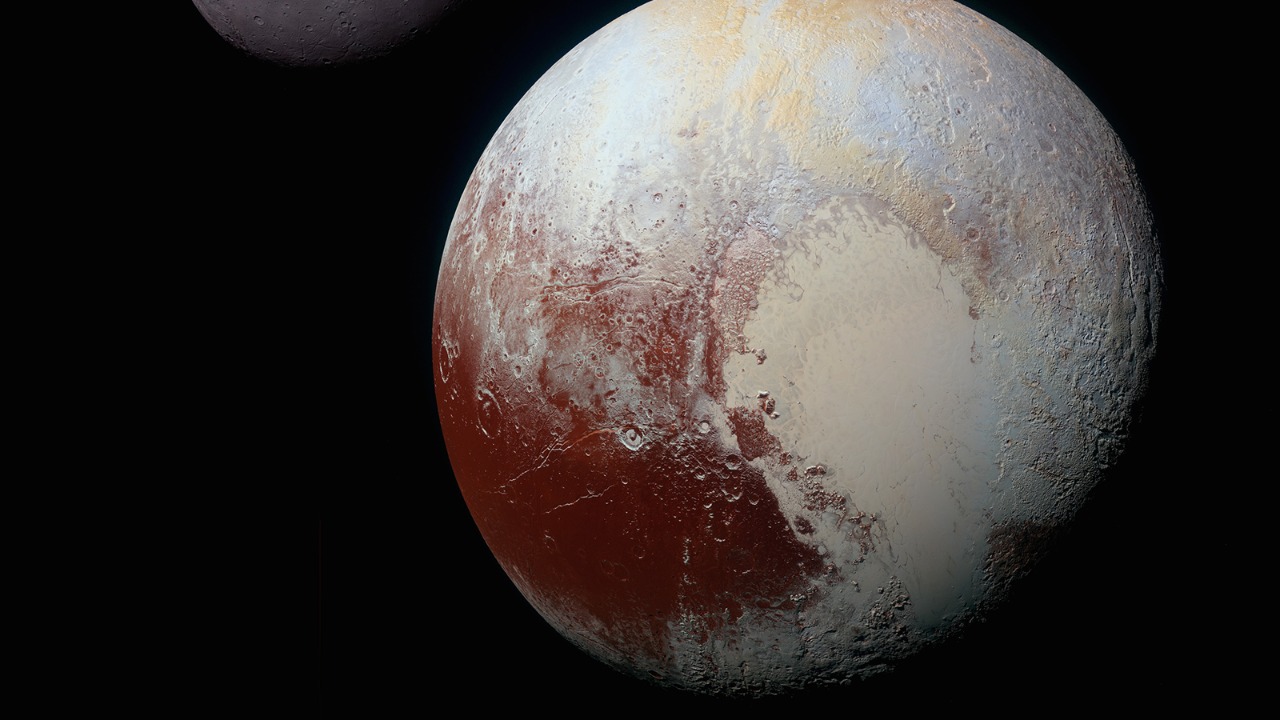
The IAU’s current definition of a planet includes the criterion of “clearing the neighborhood” around its orbit, a point that has been heavily criticized by many in the scientific community. This requirement means that a planet must be the dominant gravitational force in its orbit, which disqualifies Pluto due to its location in the Kuiper Belt—a region teeming with other celestial objects. Critics argue that this definition is too restrictive and fails to account for the diverse characteristics of celestial bodies.
Alternative definitions have been proposed, including one by a team of scientists led by planetary scientist Alan Stern. Their proposal suggests that the definition of a planet should focus on intrinsic properties rather than orbital dynamics. This would include Pluto and potentially other celestial bodies that exhibit planetary characteristics. Public opinion and cultural factors also play a significant role in shaping scientific definitions, as seen in the ongoing debate about Pluto’s status on forums like Reddit.
Pluto’s Unique Characteristics
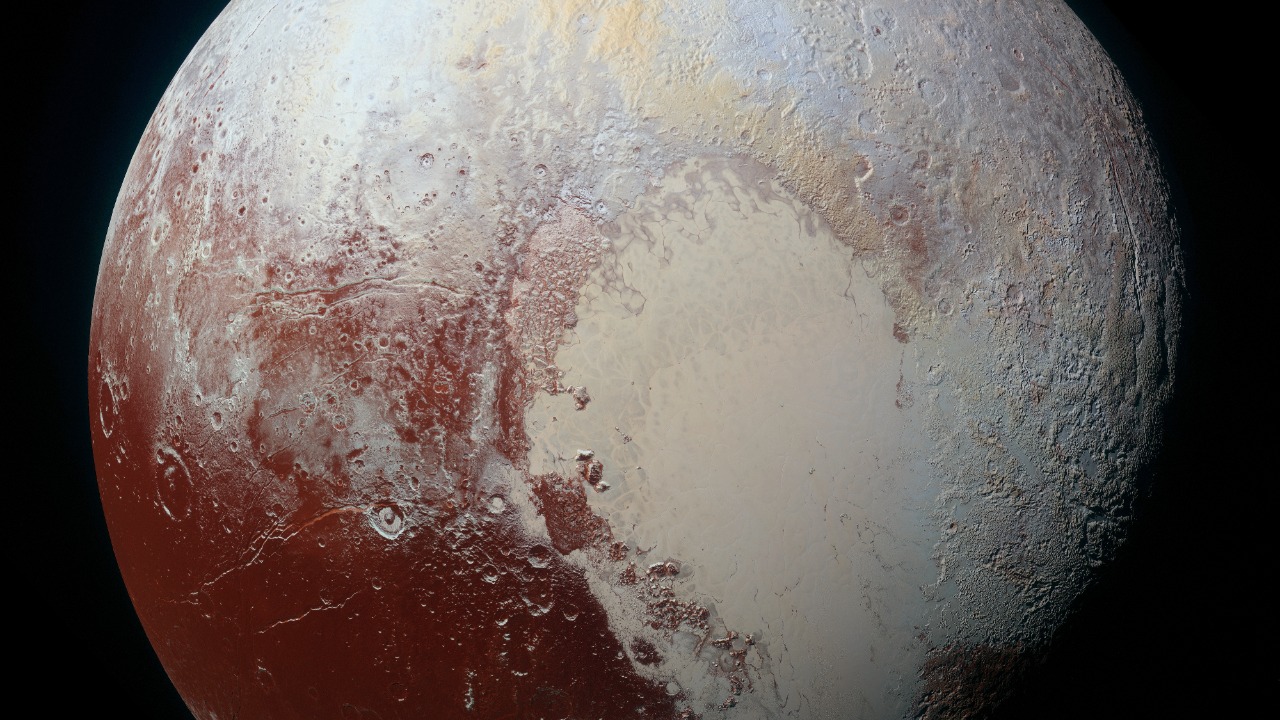
Pluto is unique in many ways. Its size and composition are comparable to other planets in our Solar System, albeit smaller. It has a rocky core surrounded by a mantle of water ice, and its surface is covered in nitrogen ice, with traces of methane and carbon monoxide. This composition is not unlike that of terrestrial planets, further blurring the lines between Pluto and its larger counterparts.
Additionally, Pluto’s complex surface features, such as the heart-shaped Tombaugh Regio, suggest a dynamic history and potential for geologic activity. There is even speculation about subsurface oceans beneath its icy crust, which could harbor microbial life. Pluto’s moons, particularly Charon, play a significant role in its potential reclassification. The binary relationship between Pluto and Charon is unique; they orbit a common center of mass outside of Pluto itself, a characteristic that is not observed with other planets and their moons.
Cultural and Public Influence on Pluto’s Status
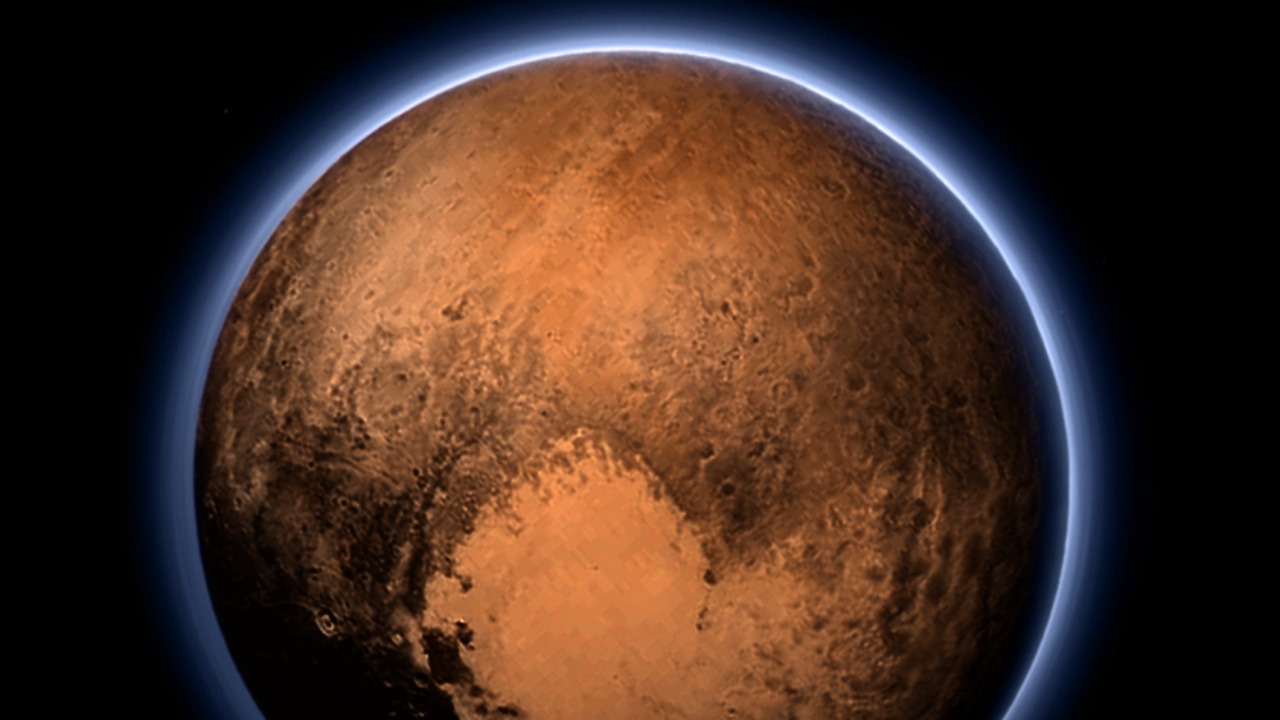
The debate over Pluto’s status has been fueled by public figures and popular culture. For instance, William Shatner and Elon Musk have both played roles in popularizing the debate. Shatner famously tweeted a plea to Musk, asking if he would make Pluto a planet again, prompting a response that gained significant media attention (source). Such interactions highlight the power of public figures in shaping scientific discourse.
Popular culture, through media and educational systems, has maintained Pluto’s image as a planet. Many people grew up learning about Pluto as the ninth planet, and this has created a strong emotional attachment. Grassroots movements and public interest can significantly influence scientific decision-making, as seen in past scientific debates and reclassifications.
Implications of Reclassifying Pluto as a Planet
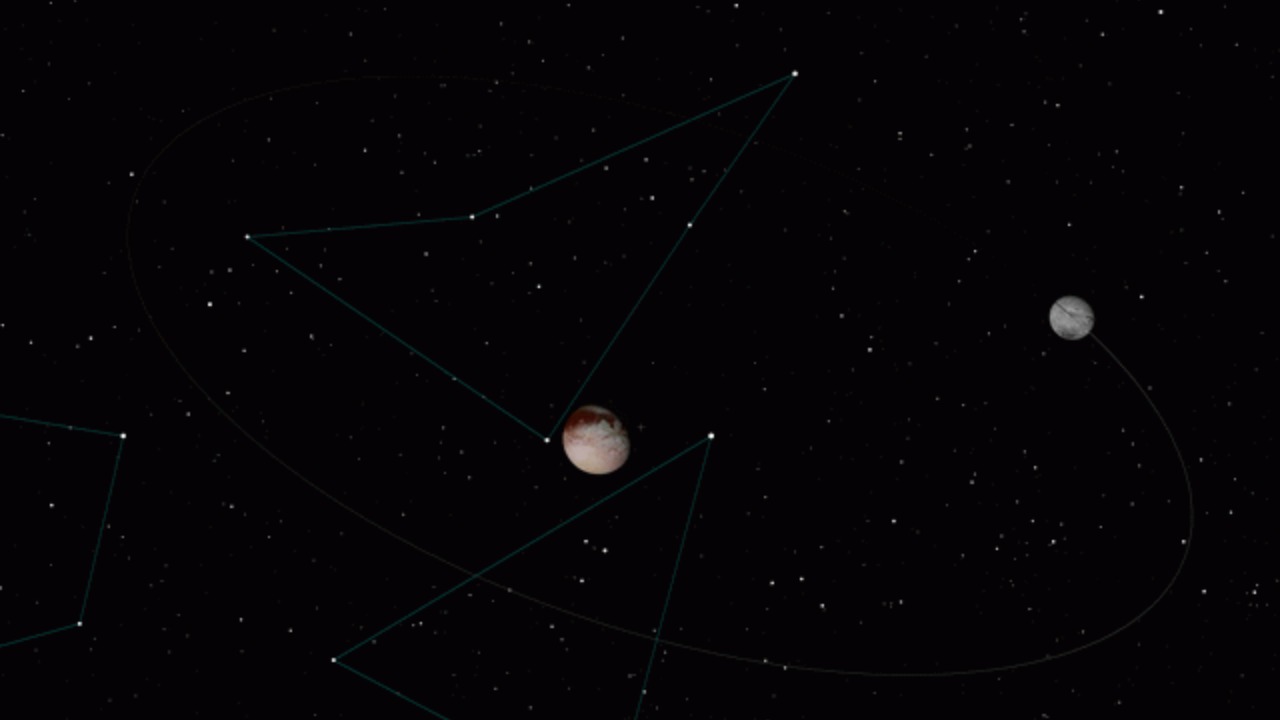
If Pluto were to be reclassified as a planet, there would be significant implications for educational materials and the way planetary science is taught. Textbooks would need updating to reflect Pluto’s new status, and educational programs would likely see a renewed focus on the characteristics and importance of the outer Solar System.
The reclassification could also impact scientific research and funding opportunities. More resources might be allocated to the study of Pluto and similar celestial bodies, potentially leading to groundbreaking discoveries. Additionally, reclassifying Pluto could influence the search for other “hidden” planets within and beyond our Solar System, sparking interest in the characteristics and dynamics of the Kuiper Belt and other distant regions.
Ultimately, the debate over Pluto’s planetary status is a fascinating intersection of science, culture, and public opinion. It underscores the dynamic nature of scientific classification and the ongoing quest to understand our place in the universe. As discussions continue, the potential reclassification of Pluto as a planet remains an intriguing possibility that could reshape our understanding of the Solar System.